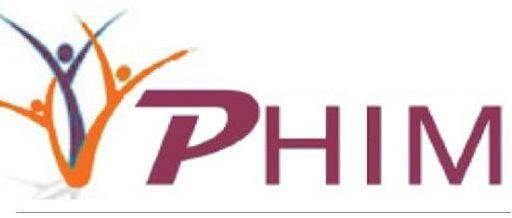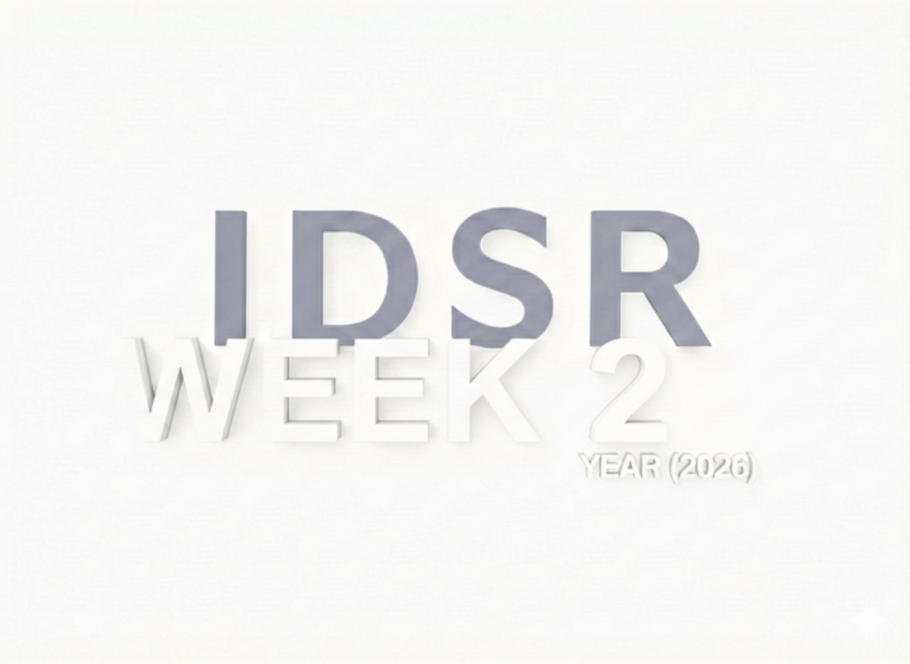Securing Malawi’s Future: The 2025 State Party Annual Self-Assessment (SPAR)
A comprehensive multisectoral evaluation of the International Health Regulations (2005) core capacities.
The Public Health Institute of Malawi (PHIM), under the Ministry of Health and with support from the World Bank, the Malawi Health Emergency Preparedness, Response and Resilience (MHEPRR) Project, and the World Health Organization (WHO), successfully conducted the State Party Annual Self-Assessment Report (SPAR) 2025 Compilation and Submission Workshop from 3rd to 6th February 2026 at Chikho Hotel, Mponela, Dowa.
Foundation of Resilience.
Health security is not an accidental achievement; it is a meticulously planned state of readiness. As the 2025 SPAR workshop commenced in Mponela, the atmosphere was charged with a sense of national duty. The assessment served as a critical pulse-check on 15 core technical areas that define Malawi’s ability to protect its citizens from global health threats. From Legal Instruments to Radiation Emergencies, every indicator was scrutinized through a lens of transparency and multisectoral accountability.
The workshop was designed to move beyond mere compliance. It aimed to institutionalize the culture of self-evaluation. Dr. Matthew Kagoli opened the sessions by reminding the participants that the data produced here would influence the allocation of resources under the MHEPRR project for years to come.
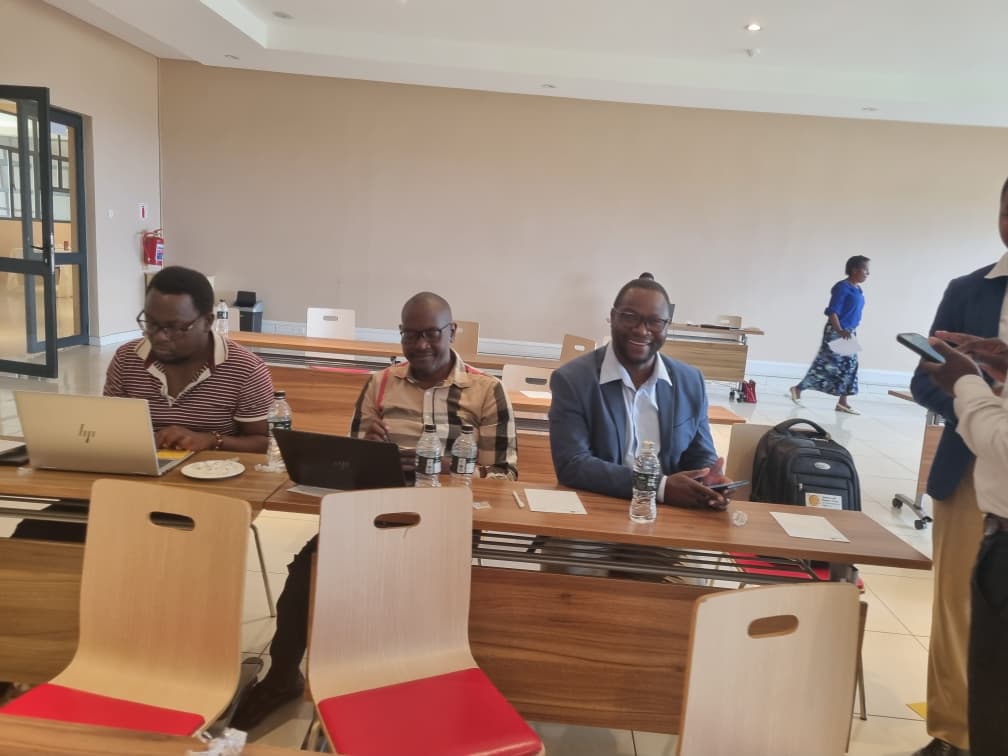
Dr. Matthew Kagoli, PHIM Director, delivering the keynote address where he emphasized that SPAR scores must be backed by verifiable field evidence to ensure global credibility.
Navigating the 15 Technical Areas
The assessment process was rigorous. The IHR Coordination team evaluated the efficiency of communication channels between the National IHR Focal Point and the World Health Organization. Meanwhile, the Financing group looked at the sustainability of emergency funds, ensuring that when the next outbreak hits, the “war chest” is ready.
A core focus remained on Surveillance and National Laboratory Systems. In the wake of recent regional outbreaks, the ability to detect a pathogen in a remote village and confirm its genetic sequence in a central lab within 48 hours is no longer a luxury, it is a survival requirement. The Human Resources for Health and Health Service Provision groups also worked late into the night, mapping out the distribution of specialized clinicians and the readiness of isolation facilities across all 28 districts.
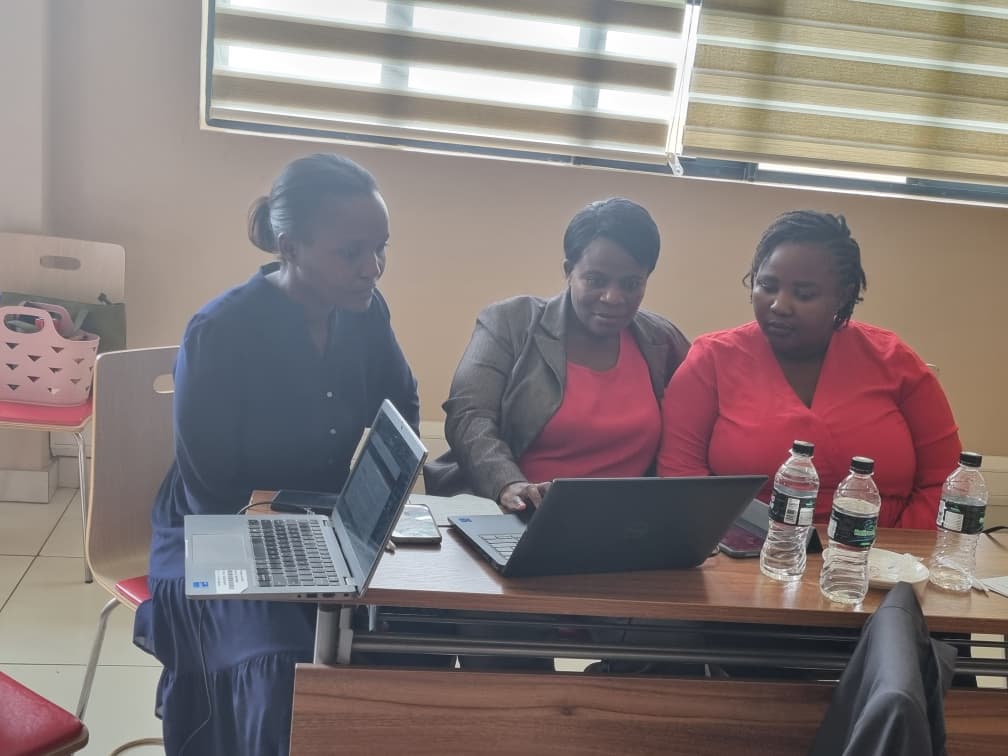
Experts from the IHR Technical Committee seen here during a breakout session, meticulously aligning Malawi’s 2025 performance against the WHO’s Benchmarks for IHR Capacities.
One Health: Beyond the Human Patient
Malawi’s health security strategy recognizes that human health does not exist in a vacuum. The Zoonotic Diseases and Food Safety technical areas highlighted the deep interconnectedness between our livestock, our wildlife, and our people. With 75% of emerging infectious diseases originating in animals, the “One Health” approach was the star of the third day.
Specialists from the Department of Animal Health and Livestock Development joined PHIM researchers to validate data on rabies, anthrax, and brucellosis. This was complemented by a deep dive into Chemical Events and Radiation Emergencies, ensuring that Malawi is prepared for industrial accidents or environmental contamination that could trigger a public health crisis.
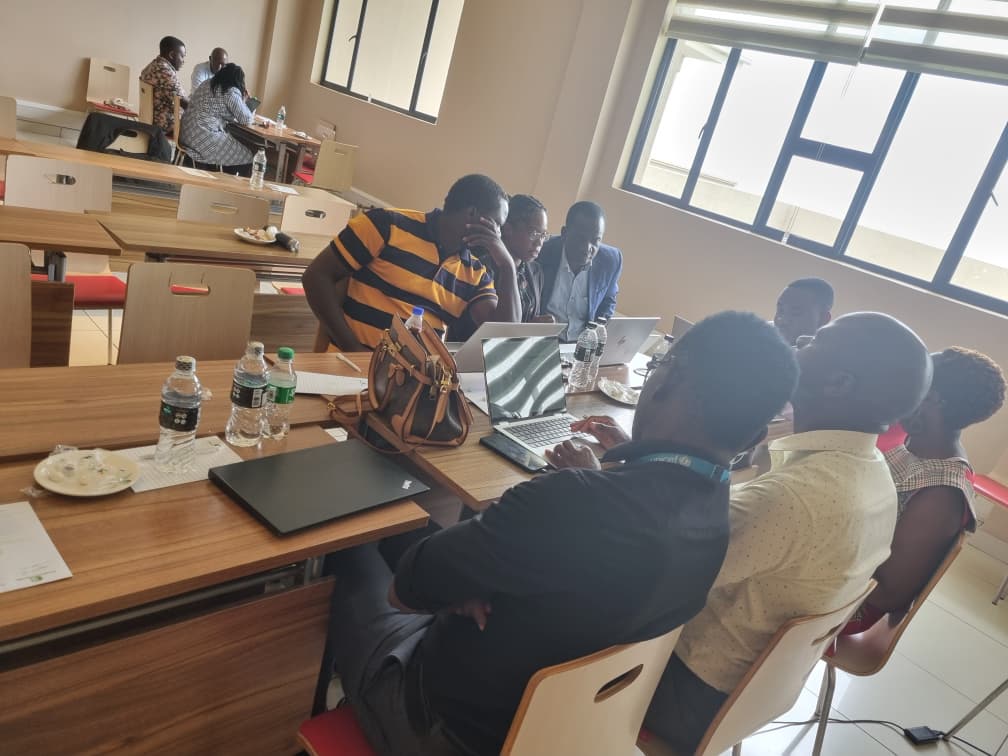
The Zoonotic and Surveillance teams collaborating to ensure that animal health indicators are integrated into the national early warning system, moving closer to a true One Health surveillance model.
Multisectoral Disaggregation
Involved sectors: MoH, Finance, Justice, Agriculture, Environment, WHO, US-CDC, UNICEF, and FAO.
Hard Infrastructure and The Law
Day two of the workshop shifted toward the structural “bones” of health security. Legal Instruments were reviewed to ensure that the Public Health Act and other regulations provide a firm mandate for quarantine, mandatory reporting, and cross-border cooperation. Without a strong legal framework, even the best medical response can be hampered by litigation or jurisdictional confusion.
The Health Emergency Management group focused on the National Emergency Operations Centre (EOC) and its sub-national nodes. The goal is a “seamless” command structure that can pivot from a cholera outbreak to a flood-related health crisis in hours.

Ronald Phiri and Dori Chiume analyzing the alignment of Malawi’s updated Public Health Bill with the IHR (2005) requirements for legal authority during emergencies.
Communities and Borders: The Human Shield
The final technical sessions focused on the interfaces where the health system meets the public. Points of Entry (PoE) and Border Health are Malawi’s first line of defense. Staffing and infrastructure at major borders like Mchinji, Dedza, and Songwe were evaluated to ensure that traveler screening is effective yet efficient.
Simultaneously, the Risk Communication and Community Engagement (RCCE) team discussed the “infodemic” challenge. In the digital age, fighting misinformation is as important as fighting a virus. The Infection Prevention and Control (IPC) team further analyzed hospital standards, ensuring that our medical facilities are places of healing rather than sources of further infection.
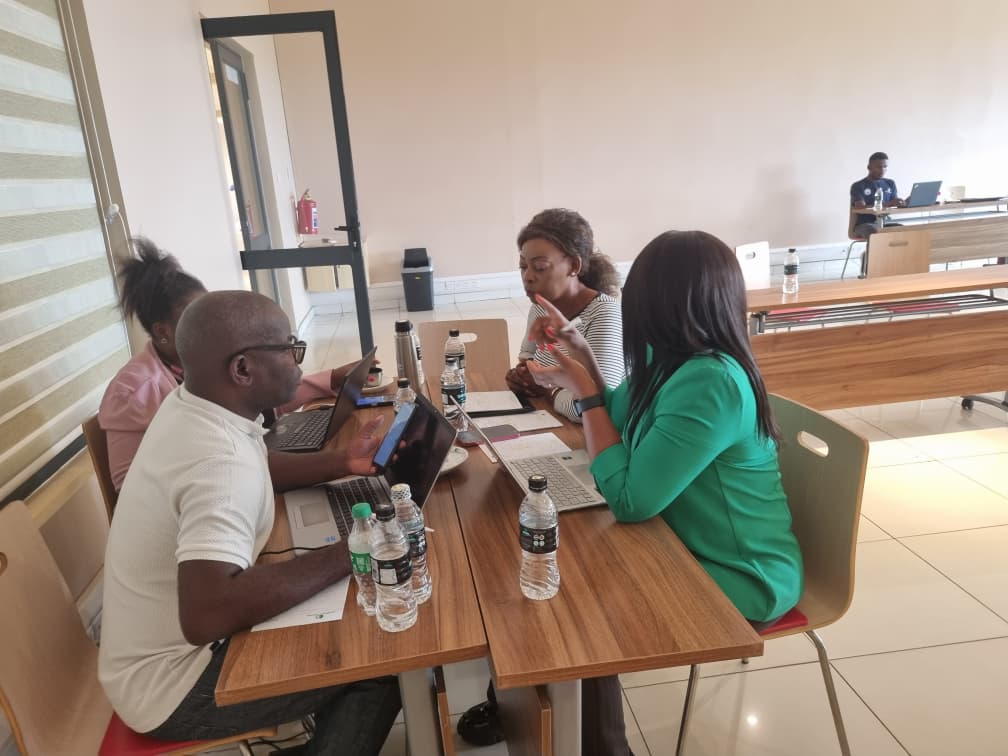
Gloria Jeremia leading a vigorous debate on the scoring of food-borne disease surveillance protocols in local markets.
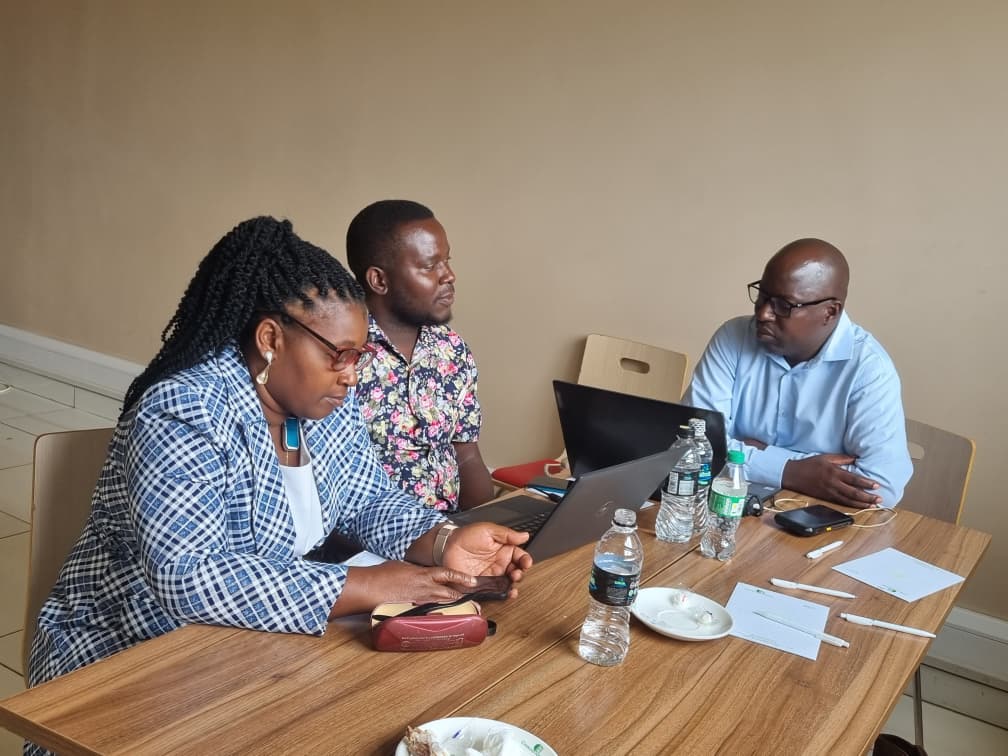
The Points of Entry (PoE) and Border Health team during a break, having finalized their assessment of screening capacities at international airports.
The Road to 2026: Consolidation and Research
As the 2025 SPAR report reached its final draft, the focus turned to Research Integration. PHIM’s research department is now tasked with using the gaps identified during this workshop to drive new studies. Whether it is a study on antimicrobial resistance or the effectiveness of community-based surveillance, the 2025 SPAR has provided the roadmap.
The workshop concluded with a commitment to “Documentation Rigor.” Every score submitted to the WHO must be defensible. This requires a national culture of archiving, from meeting minutes to training logs ensuring that Malawi’s progress is not just claimed, but proven.
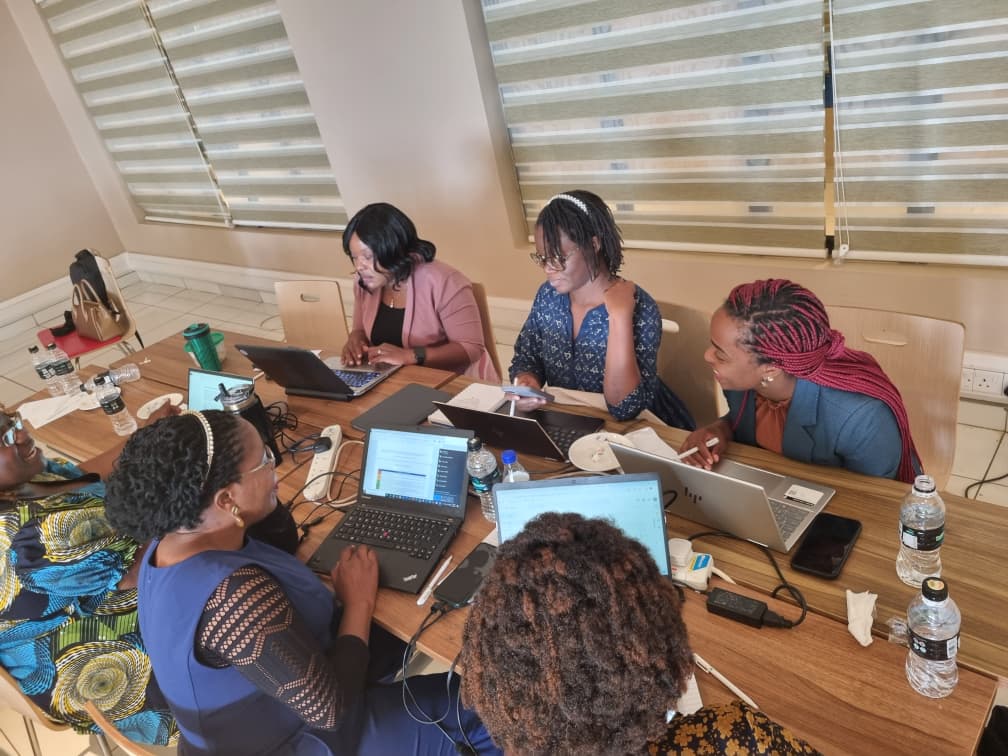
PHIM officers and researchers seen here uploading the final validated scores and evidence documents to the WHO Strategic Partnership for Health Security and IHR (SPH) portal.
Conclusion: A Resilient Tomorrow
The 2025 SPAR compilation workshop was more than an administrative exercise; it was a reaffirmation of Malawi’s sovereignty through safety. By looking honestly at our strengths and vulnerabilities across all 15 technical areas, we have ensured that the MHEPRR project is grounded in reality. Malawi is better prepared, more integrated, and more resilient than ever before.
“Health security is a journey, not a destination. The SPAR 2025 assessment proves that when sectors collaborate, from agriculture to finance. Malawi becomes an impenetrable fortress against public health threats.”
February 2026
This workshop was made possible through the technical and financial support of the World Bank and the World Health Organization, as part of the ongoing Malawi Health Emergency Preparedness, Response and Resilience (MHEPRR) Project.
